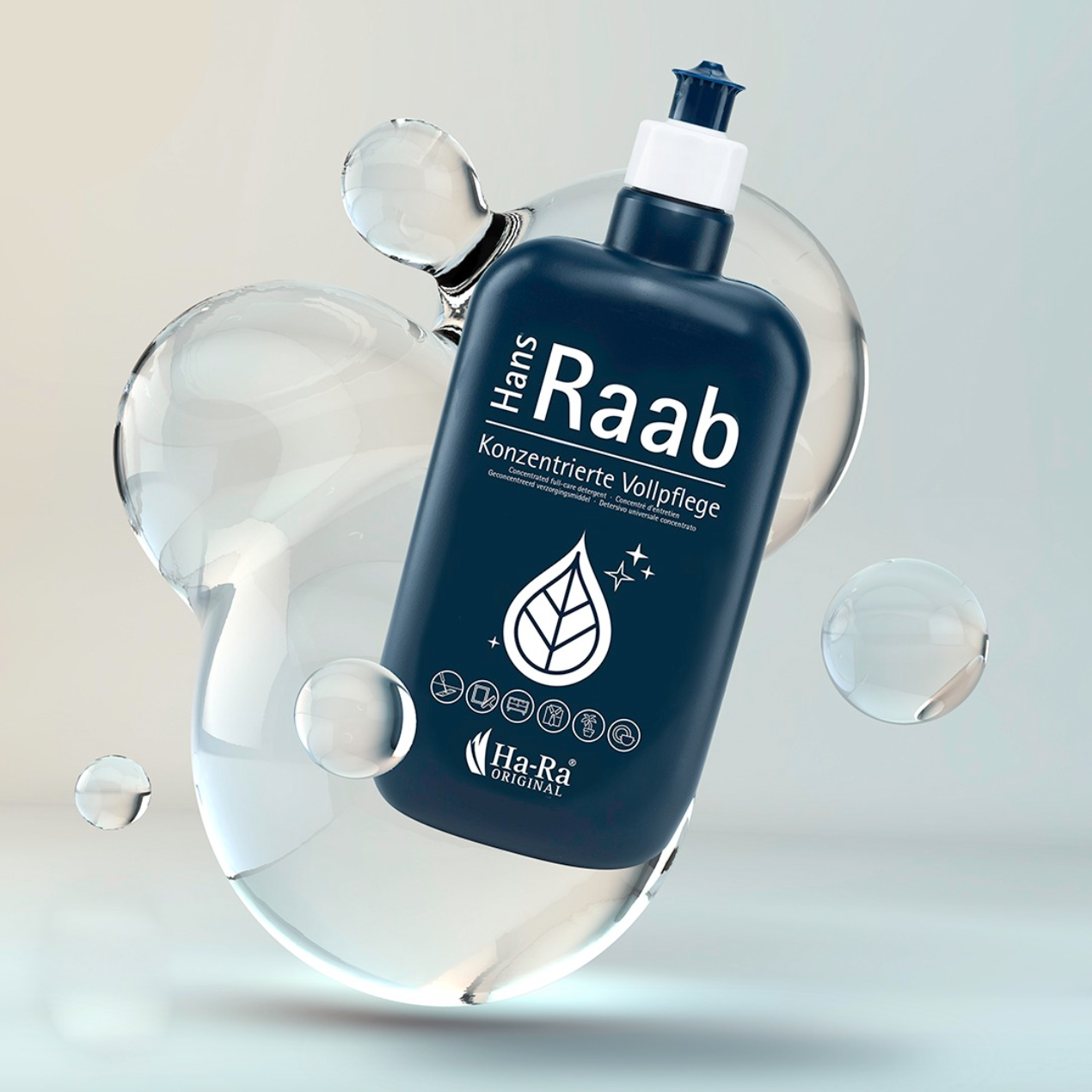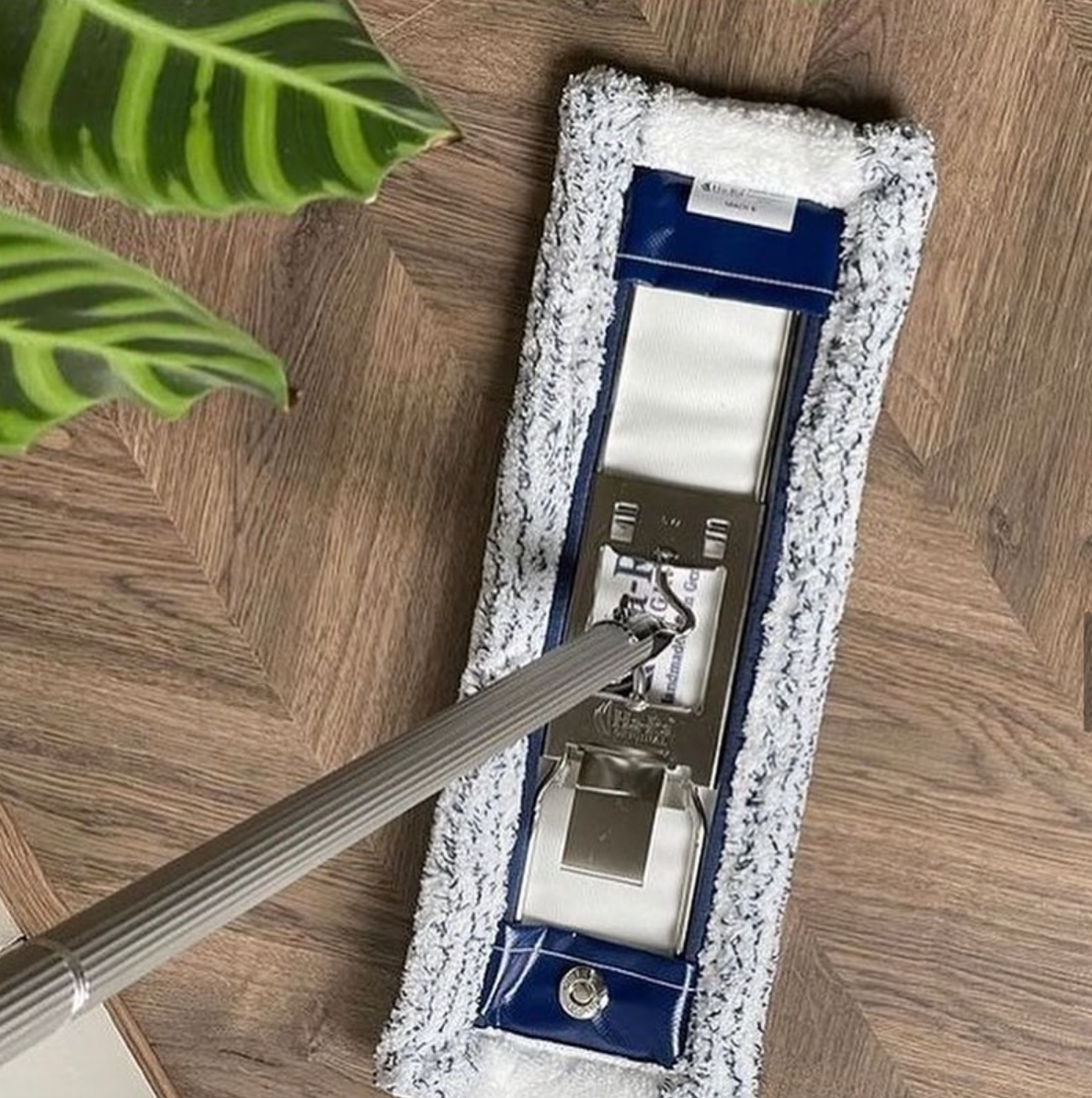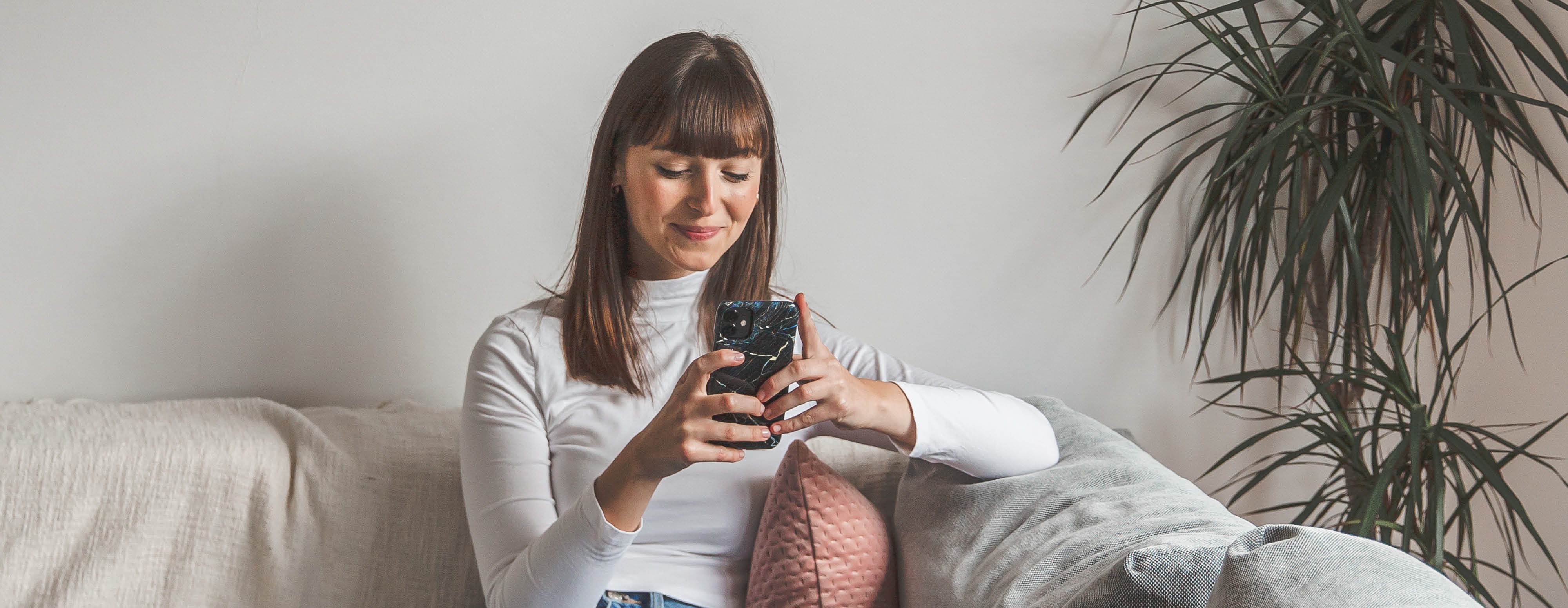Methods for using citric acid as a cleaner
Citric acid kills bacteria, mould, and mildew, it's great for general cleaning. It's also effective at removing soap scum, hard water stains, calcium deposits, lime, and rust.
When it comes to household cleaning, we come across various miracle cleaning hacks that are so simple that you don't think about them as effective. At the same time they are so gentle and versatile that you can clean half of your house with them.
One of those miracle cleaning hacks is citric acid. It has no odour and is considerably gentler than most other decalcifying agents. It is best to use pure citric acid in food quality, then it offers even more application possibilities and the cleaned surfaces does not have to be post-treated (e.g. if they come into direct contact with food afterwards).
First of all, a general note on the use of citric acid. In almost all applications, always use cold or lukewarm water, as otherwise the citric acid will be hard-to-dissolve. Since it is an acid, the instructions for use on the back of your Kalkex packaging should always be followed. Even if it is “only” a food, it can irritate the skin and eyes.
Most of them are familiar with the usual applications such as cleaning tiles, toilets, fittings or washing machines and dishwashers. In the following I would like to give you a few tips that most of you are probably not yet aware of.
Deodorant stains
Who doesn't know the annoying deodorant rims under the armpits that occur when sweat and sebum react with aluminum salts? As a preventive measure, it is advisable to switch to a deodorant without aluminum salts. Once the stain is there, the stain can be pretreated with citric acid. It's very easy: dissolve 1 tablespoon of citric acid in a bowl of water and soak the laundry in it for a few hours. Then rinse with clean water and put in the washing machine.
Rust film
Flash rust on cutlery or stainless steel pots is really annoying, but it can be rubbed off easily and gently with citric acid diluted in water. It is best to soak for a few hours if there are heavy rust stains. In the case of food-grade citric acid, you can immediately reuse your cutlery and pots.
Stainless steel
Stainless steel looks really great when it's clean. If only it weren't for the eternal water and grease stains. These stains won't stand a chance against citric acid either. Simply dilute with water, wipe and polish with a dry cloth. The surfaces shine like new again.
Toilet
You can easily make a toilet cleaner gel yourself with citric acid. Boil 100 ml of water, after cooling, dissolve 2 tablespoons of citric acid in it and add 10 ml of washing-up liquid. Then bring 2 tablespoons of cornstarch to the boil in 500 ml of water, stirring constantly, and mix the two mixtures together. And you have a well-adhering cleaning gel.
Another option are toilet cleaner tabs. Mix 130 g of baking soda with 2-3 tablespoons of citric acid and 1 tablespoon of dish soap. Then press the mass into a cube and let it dry for a few hours.
Bath balls
For nourishing, fragrant bathing pleasure, simply mix 200 g baking soda, 100 g citric acid and 50 g cornstarch in one bowl, 100 g coconut fat and essential oils in another. Then slowly mix both mixtures and knead into a shape of your choice. The citric acid ensures that the bath ball dissolves in the water with bubbles.
Jam
The sweetness of homemade jam can be easily neutralised with citric acid. The jam is provided with a little citric acid and vanilla sugar and the result is a wonderfully harmonious taste.







